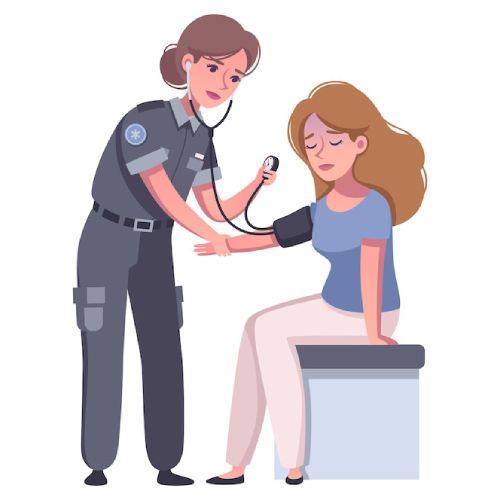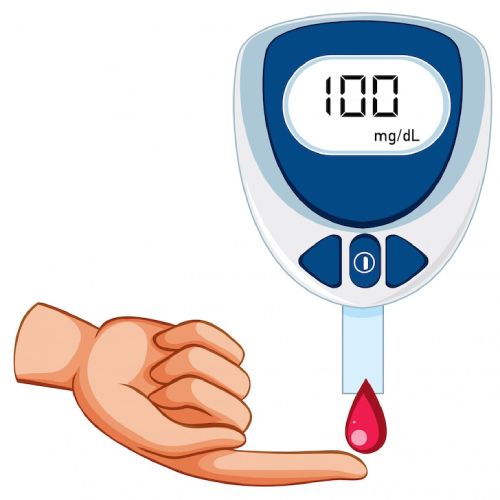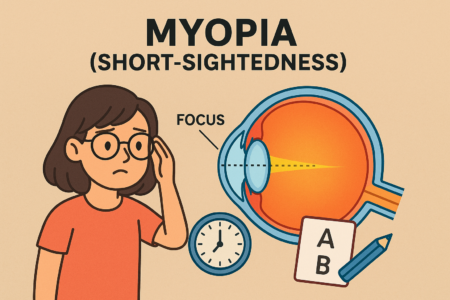Everyone has an opinion on the greatest living practices, from social media celebrities to your great aunt Bess. The decisions you make, though, can have an impact on your long-term health, regardless of whether you’ve committed fully to apple cider vinegar or believe the most recent health fads are just hype.
The harm caused by excessive cholesterol or blood sugar can be slowed or even reversed, according to lifestyle medicine expert Mladen Golubic, MD, Ph.D. Diabetes, obesity, hypertension, high cholesterol, and heart disease may all be cured.
Patients frequently need to modify their daily habits and adopt healthier lifestyles to prevent and manage chronic diseases. It’s essential to remember that lifestyle changes don’t have to be significant or challenging, even though some people may feel overwhelmed by the idea of changing an already hectic schedule. Anybody may enhance their health and prevent chronic diseases by implementing these seven easy lifestyle changes.
Controlling blood pressure

A significant risk factor for heart disease and stroke is high blood pressure. The definition of high blood pressure and its potential effects on the heart and blood vessels should be made clear to patients.
Physicians may assist patients in maintaining their health and avoiding heart attacks and strokes by working together to monitor and treat excessive blood pressure.
The campaign seeks to motivate those who have been diagnosed with high blood pressure to prioritize their condition, continue talking with their doctor, and renew their commitment to their BP management plan before it’s too late. People may visit ManageYourBP.org to learn more about their blood pressure readings and get advice on how to discuss their high blood pressure with their doctors and care providers.
Reduce cholesterol

Those who have high cholesterol are more likely to develop cardiovascular disease. Patients and doctors should discuss what high cholesterol is, what their readings signify, and what they can do to lower them. This can assist individuals in making lifestyle changes to lower their high cholesterol.
Lower blood sugar

Understanding what causes blood glucose levels to rise might be beneficial for people with high blood sugar levels.
As an illustration, the meals that might raise blood glucose levels are frequently not what you might expect. Patients with abnormal glucose levels can move towards healthy eating by recognizing these foods and consuming less of them.
Get active

Insufficient exercise is practiced by around 80% of adults and adolescents in America.
While some patients might find it difficult to engage in greater daily physical activity, doctors can inform patients about the value of physical exercise for general health and encourage them in finding new methods to be more active.
People can feel better, operate better, and sleep better when they exercise. A healthy adult should engage in 75 minutes per week of strenuous activity or 150 minutes per week of moderate activity.
Diet

He offers simple guidance: Consume entire, unprocessed, and barely processed foods. Consuming plant-based diets lower the chance of developing diabetes, heart disease, and cancer.
It has been demonstrated that eating a Mediterranean-style diet reduces the chance of developing cardiovascular disease and other chronic disorders. This diet contains a lot of fresh produce, including fruits, vegetables, legumes, whole grains, fish, nuts, and olive oil.
A purely plant-based diet may even be able to treat advanced heart disease and other chronic illnesses linked to food, according to additional research. This diet emphasizes entire foods such as vegetables, whole grains, legumes, and fruits while excluding meat, dairy, and eggs. It is the kindest and most environmentally friendly diet.
Reduce weight

Losing weight might benefit a patient’s general health if their body mass index is greater than usual. A weight decrease of just 5–10% can have positive effects on one’s health.
By increasing their physical activity and altering their dietary habits, patients can take action to reduce weight. To encourage weight reduction, doctors can assist their patients in making simple, doable modifications to their lifestyles.
Quit smoking

The risk of cardiovascular disease is increased for patients who consume cigarettes. To enhance one’s health, a patient who smokes must give up.
With the help of your patients, determine choices for quitting that include FDA-approved treatments. The use of electronic cigarettes to stop smoking is not advised since they are ineffective as a harm-reduction technique.
Conclusion:
You are aware that a healthy lifestyle must include exercise, a diet rich in nutrients, and regular sleep. Developing healthy routines and behaviors can help avoid chronic diseases and even reduce or lessen their effects. Nonetheless, incorporating these new routines and abilities might feel intimidating and overwhelming, especially when life is hectic.
Thankfully, you may improve your health and move closer to the healthy lifestyle you want by making tiny, steady adjustments.







